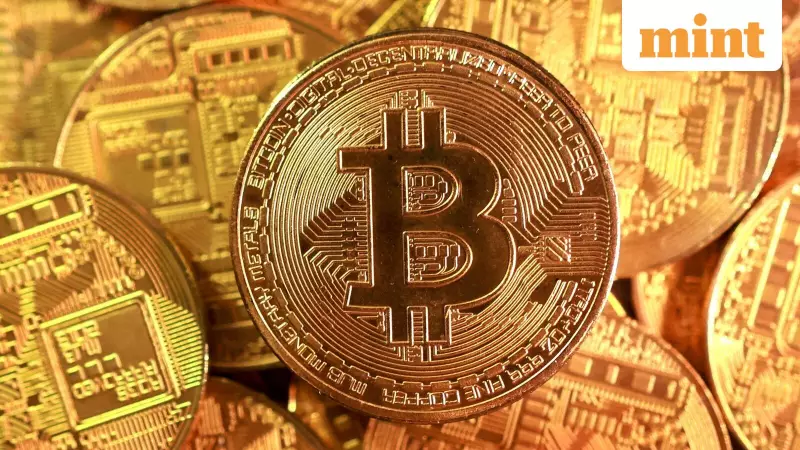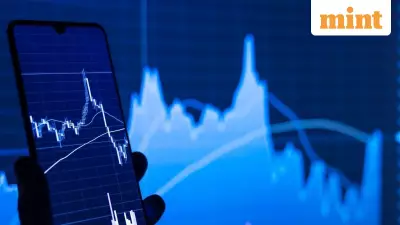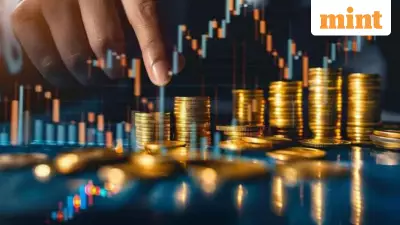
The cryptocurrency industry has undergone a remarkable transformation, suddenly finding itself at the center of American political power and international diplomacy. What was once viewed with suspicion by regulators and politicians has now become deeply intertwined with the highest levels of government, particularly through the Trump family's extensive involvement.
The Trump Family's Crypto Empire
The revolution began in earnest when Donald Trump launched his $TRUMP meme coin just three days before beginning his second term as president. The cryptocurrency immediately attracted attention from unexpected quarters, including Fr8Tech, a Texas-based logistics firm that announced in late April it would borrow up to $20 million to invest in the token. Company CEO Javier Selgas defended the unusual investment as "an effective way to advocate" for favorable trade policies.
Meanwhile, the Trump family's business interests expanded globally through World Liberty Financial (WLF), a firm in which the family holds a 60% stake. WLF made headlines when it partnered with Pakistan's newly established Crypto Council in a deal that raised eyebrows in diplomatic circles. The agreement, whose financial terms remain undisclosed, promised to help Pakistan develop blockchain products and transform real-world assets into digital tokens.
India's press interpreted the Pakistan-WLF deal as an attempt to curry favor with the Trump administration—an interpretation that gained credibility when Trump later took credit for brokering a ceasefire in escalating military tensions between India and Pakistan. Many Indian observers believe the resulting truce disproportionately favors Pakistan.
Regulatory Reversal Under Trump Appointees
The regulatory landscape for cryptocurrency has shifted dramatically since Trump's return to office. Under the previous Biden administration, SEC Chairman Gary Gensler maintained that many cryptocurrencies qualified as securities requiring strict regulation, leading to lawsuits against major trading platforms like Coinbase and Binance.
Today, Trump-appointed regulators have taken a dramatically different approach. Paul Atkins, the new SEC head, previously co-chaired a crypto industry group, while Brian Quintenz, nominated to lead the Commodity Futures Trading Commission, was formerly head of crypto policy at venture capital firm Andreessen Horowitz.
The consequences have been immediate and substantial. More than a dozen enforcement actions against crypto firms have been halted since Trump's inauguration, including cases against industry giants like Coinbase, Crypto.com, Ripple Labs, and Kraken. This regulatory reversal has sparked a surge in venture capital investment, with nearly $5 billion flowing into crypto firms in the first quarter of 2025 alone—the highest sum in almost three years.
Political Spending and Legislative Battles
Beyond regulatory changes, the crypto industry has emerged as a political spending powerhouse. A network of affiliated superPACs—Protect Progress, Fairshake, and Defend American Jobs—dispensed over $130 million during the last election cycle, making them among the campaign's highest spenders despite having been founded only since the previous presidential election.
Fairshake alone raised $260 million during the last electoral cycle, making it not just the largest PAC advocating for a specific industry, but the largest non-partisan superPAC of any kind. By comparison, the National Association of Realtors raised approximately $20 million.
The industry's preferred legislative outcome would see most cryptocurrencies declared commodities regulated by the CFTC rather than securities under SEC oversight. The CFTC requested a budget of $399 million and 725 staff for the current financial year, compared to the SEC's $2.6 billion and 5,073 staff—making the former seen as a "lighter touch" regulator.
However, the Trump family's deep crypto involvement is complicating legislative efforts. A bipartisan bill creating a clear regulatory framework for stablecoins failed to win Senate approval on May 8th, with Democrats expressing concerns it might fuel what they consider presidential influence-peddling.
Global Implications and Future Challenges
The crypto industry's rapid ascent into political prominence carries significant implications beyond American borders. The Abu Dhabi government's investment firm MGX used WLF's USD1 stablecoin to invest $2 billion in Binance—an unusual move that launched the previously obscure cryptocurrency to become the world's seventh-largest stablecoin.
Critics worry about potential conflicts of interest, with Democratic lawmakers accusing Trump of effectively selling access to power through cryptocurrency ventures. The price of $TRUMP meme coin surged after announcements of dinners with the president for major investors, raising ethical questions.
Even within the crypto industry, some leaders express concern that the appearance of influence-peddling could undermine efforts to secure favorable legislation. Prominent investor Nic Carter, a Trump supporter, has publicly stated that the Trump family's crypto interests are making it harder to pass crypto-friendly laws.
As the industry positions itself at the heart of American political life, it faces the challenge of balancing rapid growth with sustainable regulation—all while navigating the complicated optics of its close association with the current administration.





